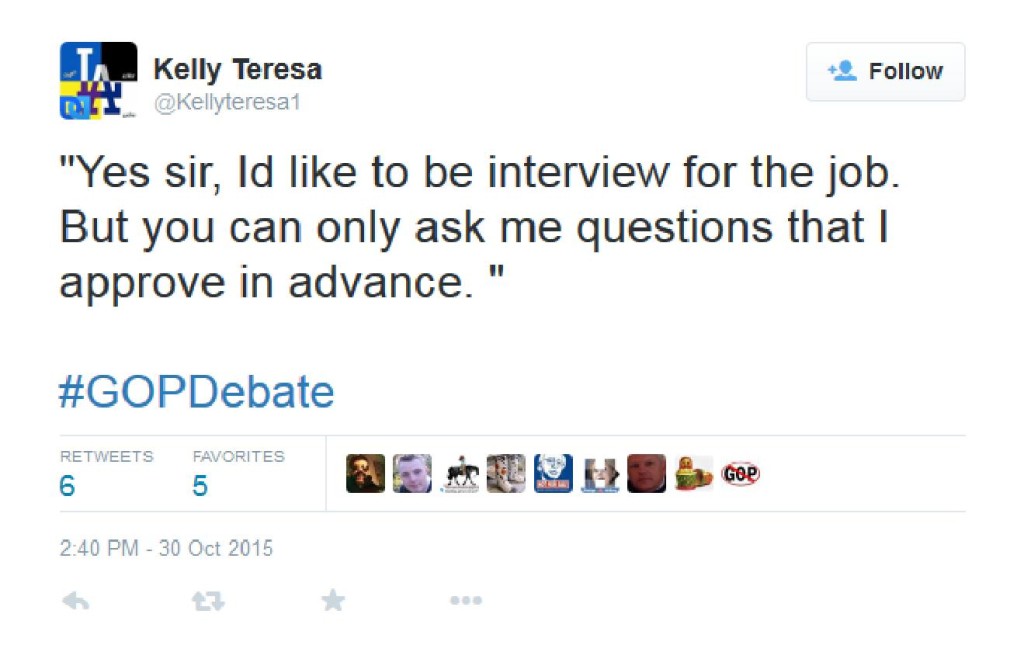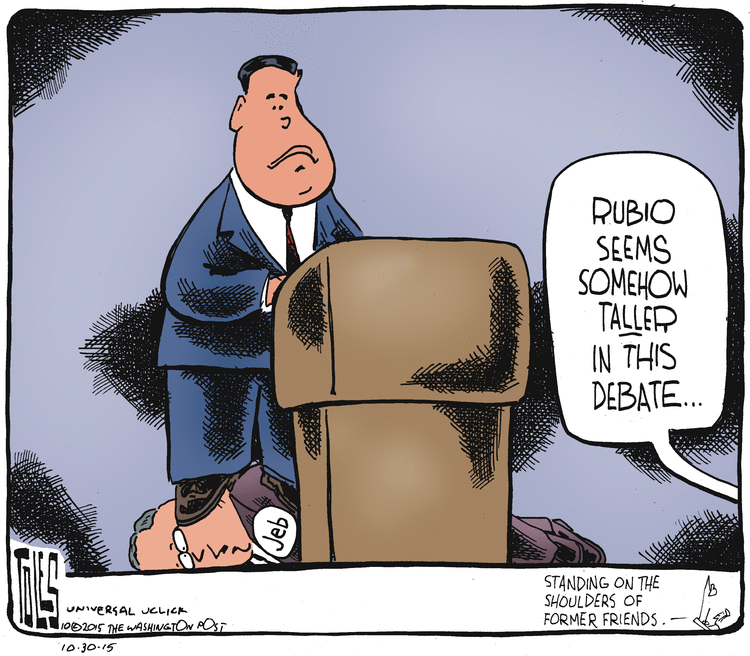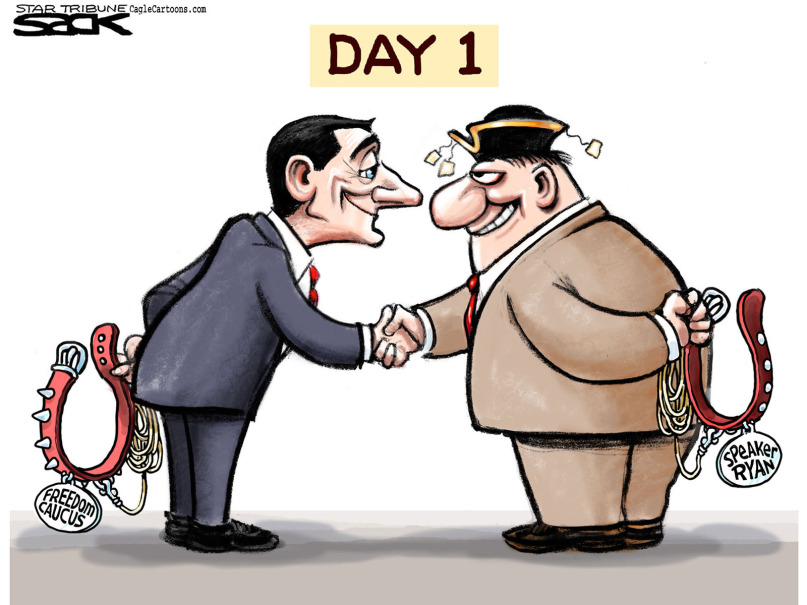At the last Republican presidential debate, Chris Christie (R-NJ) characterized the Democratic candidates’ debate as:
A parade of, ‘I’ll give you this for free; I’ll give you that for free’.
Senator Marco Rubio said: (brackets by the Wrongologist)
It [the first Democratic debate] was basically a…debate about who was going to give away the most free stuff: Free college education, free college education for people illegally in this country, free health care, free everything.
Jeb Bush says that black voters should back him, since his:
…message is one of hope and aspiration, not one of division and get in line and we’ll take care of you with free stuff…
For the record, Medicare, Medicaid, Social Security, and unemployment have dedicated tax revenue streams. If we back out those funded benefits, all other elements of the so-called social safety net “free stuff” adds up to ~$405 billion, a fraction of the $1.2 trillion in “unfunded” Federal entitlements, and most of the rest goes to top income earners.
So, what do Republicans mean when they say “Free Stuff”? From Jared Bernstein:
There are at least three definitions of “free stuff.” The broadest would simply include all government benefits. A narrower version might apply only when people receive more in benefits than they pay in taxes. A third might refer to any net gain relative to the status quo.
Under any of these definitions, the Republican claims are misleading: they attack help for people who need it, while implicitly condoning tax subsidies for the wealthy. What the Republicans want us to focus on are public education, Medicaid, and direct cash assistance to the poor, but the government provides other subsidies, some of which the GOP seems perfectly happy to keep in place.
For example, Rubio and Bush want to cut capital gains taxes below the current level (Rubio would completely abolish them). But today’s reduced cap gains rate already provides a significant benefit to people who invest in assets (i.e., the wealthy). Then there are things like regressive housing tax breaks, about 70% of which go to those in the top 20%. In addition, 68% of the tax benefits for retirement savings and 64% of subsidies for individual retirement accounts (IRAs) accrue to the top 20%.
Can it be that government benefits for poor people are “free stuff”, while benefits for the wealthy are not?
Maybe Christie, Rubio, and Bush subscribe to the second definition described above: It’s “free stuff” if you receive more in benefits than you pay in taxes, but not if you pay more in taxes than you receive in benefits.
The third way to think about “free stuff” mirrors the most accepted concept of “free”. Bernstein asks:
Suppose, for example, that you opened your email today to find an unexpected $100 Amazon gift card. No matter how much money you had spent or planned to spend at Amazon, you would call this “free” money. Or imagine that you go out to dinner at a restaurant and a waiter decides to “comp” your dessert. Regardless of the overall price of your meal, you would likely consider that dessert item to be “free.”
Under this definition, “free stuff” from the government would be new benefits or reduced taxes relative to one’s current situation. Since the Christie, Rubio, and Bush tax plans all contain massive tax cuts, they would give away huge amounts of foregone tax revenue as “free stuff,” and unlike the “free stuff” proposed by the Democratic candidates – the GOP “free stuff” would go to their very wealthy patrons.
From the carried interest loophole, to drug patent law, to defense industry markups, to sweetheart deals for the oil industry, the total “free stuff” for the 1% dwarfs that available to the rest of us. Yet, the nattering nabobs of trickledown continue to target removing the scraps doled out to the 99%.
Social stability is the reason the rich should not begrudge the support given to those that are less fortunate in our society. The rich have the most to lose should the vast majority decide they have suffered enough, and we see an “off with their heads” moment.
Extra money in the hands of the 1% or the .01% just creates bidding wars for penthouse apartments that the 2% can no longer afford.







